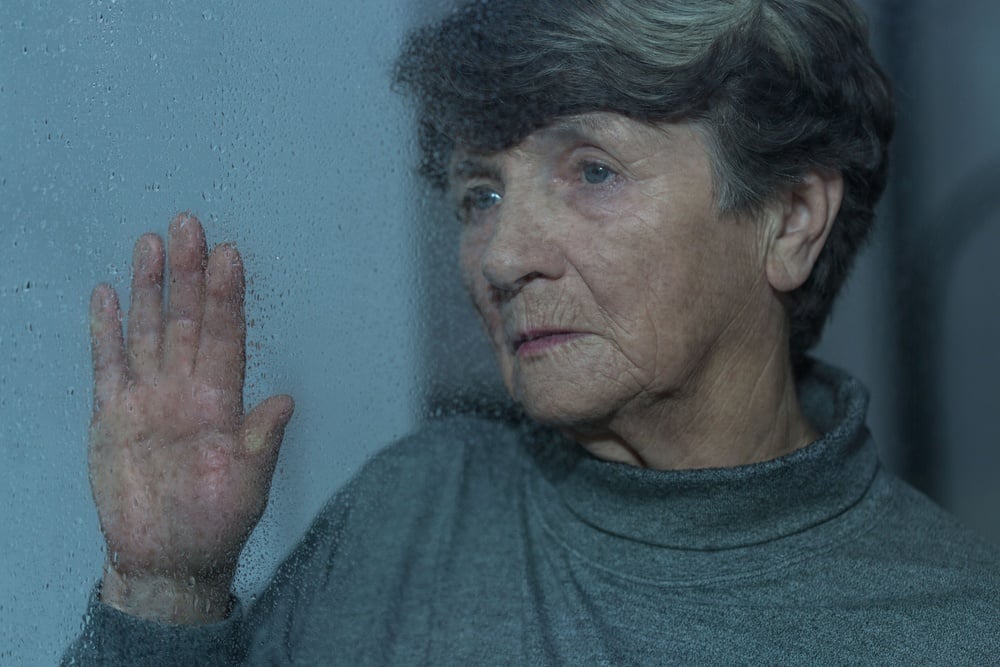Updated December 2025
What is elder abuse? The World Health Organization (WHO) defines elder abuse as "an intentional act, or failure to act, by a caregiver or another person in a relationship involving an expectation of trust that causes harm to an adult 60 years and older."
Elder abuse comes in many forms, including physical, psychological, financial, sexual, and even spiritual. Seniors may also experience abuse through neglect.
When seniors are victimized by the people they trust most, the consequences are wide-ranging and even deadly. Common impacts of abuse include anxiety, depression, isolation, stroke, heart attack, and in some cases death.
Because they work very closely with seniors, personal support workers have a key role to play in identifying and intervening in cases of elder abuse—provided they understand exactly what constitutes abuse, and which warning signs to look for.
Fact #1: Elder Abuse is on the Rise in Canada
Several studies, news reports, and government research groups have highlighted the growing problem of elder abuse in Canada. A Statistics Canada report notes that cases of family violence against seniors rose by 49 per cent between 2018 and 2024.
As disturbing as these numbers are, most researchers are quick to point out that cases of senior abuse are likely much higher than we realize. Fear, shame, and lack of education around this issue commonly lead to cover-ups—and cases that are simply never identified or reported.
Fact #2: Elder Abuse is Most Often Perpetrated by a Spouse or Grown Child
According to Statistics Canada, 36 per cent of cases of family violence against seniors are perpetrated by a grown child, while 28 per cent are perpetrated by a spouse.
Unfortunately, seniors who experience abuse from a loved one are more likely to hide it from the authorities. They feel ashamed and compelled to protect the family member who is perpetrating the abuse.
Fact #3: Elder Abuse Often Includes Psychological Victimization
Psychological assault is a very powerful form of elder abuse, and one which can be difficult to identify because it leaves little or no obvious physical trace.
Some sources indicate that psychological abuse is one of the top forms of elder victimization in Canada. Assault of this kind can range from treating a senior like a child to overt bullying, threats of violence, and isolating the individual from friends, family, and social activities.
Common symptoms of psychological abuse include:
- Increased levels of agitation, particularly around certain people
- Unexplained feelings of hopelessness, guilt, and inadequacy
- Reluctance to talk about the source of negative feelings
- Withdrawal from family, friends, and professional caregivers
Fact #4: Physical Assault Most Commonly Reported Form of Elder Abuse
Statistics Canada reports that in 2024, more than 70 per cent of all cases of elder abuse took the form of physical assaults.
Symptoms of physical abuse in seniors often include:
- Unexplained burns, cuts, bruises, or scratches
- Vague or unbelievable explanations for injuries
- Anxiety in the presence of a certain person or people
- Unexplained fear and/or depression
- Under- or over-medicating
Fact #5: Financial Abuse of Seniors is Growing in Canada
Financial abuse is another growing issue in Canada and is also most often perpetrated by family members. This type of abuse may include stealing or misusing a senior's assets or money, forging their signature on a cheque, or pressuring them to change a will or other financial document. Financial abuse also includes:
- Being pressured to give away money
- Experiencing unauthorized bank account withdrawals or credit card charges
- Receiving unpaid and overdue bills (after being promised these bills had been paid)
- Being prevented from making financial decisions
Providing for the safety and well-being of clients is a primary goal for PSWs. Care providers who understand the various forms of elder abuse and their symptoms are far better prepared to advocate for seniors who need their help.
Quality PSW training instructs students on how to identify abusive relationships and situations, how to respond, and when to take legal action in cases of elder abuse. As front-line health care professionals whose role involves forming supportive and trusting relationships with seniors, PSWs have a very important part to play in reversing the trend of elder abuse in Canada.
Want to learn more about becoming a personal support worker?
Consider Herzing College's Personal Support Worker training. Visit the program page for a complete list of courses, career options, and to chat live with a friendly advisor. We're here to help!







